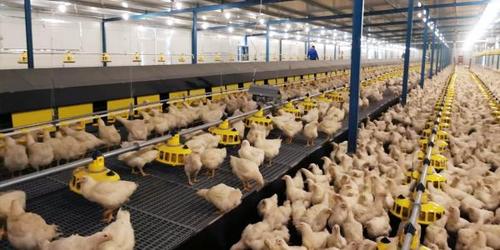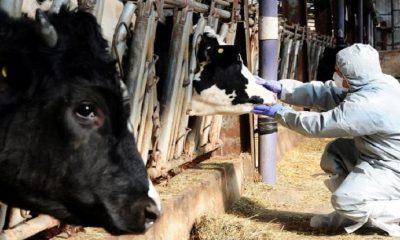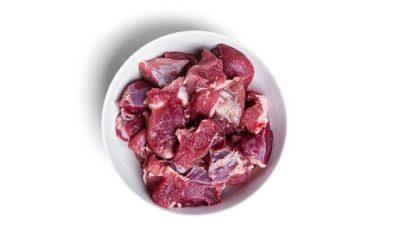Business
South Africa’s Poultry Giant Daybreak Foods Is Collapsing — Here’s What Went Wrong

One of South Africa’s most significant food producers is in a downward spiral. Daybreak Foods, a major player in the poultry industry, is teetering on the edge of collapse — leaving thousands of jobs, millions of chickens, and billions in public investment hanging in the balance.
Founded in 2001 and operating across Gauteng, Mpumalanga, Limpopo, and KwaZulu-Natal, Daybreak Foods became a cornerstone of South Africa’s food supply chain. With the capacity to process nearly 9 million birds every 34 days, it was once hailed as a symbol of transformation in agriculture.
But today, the company is in crisis.
From Empowerment to Emergency
In 2015, the Public Investment Corporation (PIC) bought Daybreak Foods for R1.19 billion as part of a push to drive transformation, job creation, and food security in South Africa. Ownership was split among the Government Employees Pension Fund (GEPF), the Compensation Fund (CF), and the Unemployment Insurance Fund (UIF).
At the time, the investment was seen as a powerful move toward inclusive economic growth, with the PIC declaring it a “transformational” acquisition in one of the least transformed sectors — agriculture.
However, by 2017, the cracks began to show.
Mounting Troubles Since 2017
Just two years after the acquisition, Daybreak Foods began facing serious financial and operational challenges. Mismanagement, increased competition from cheap imported chicken, and weak internal controls took a toll on the company’s finances.
In a bid to stabilise the business, the PIC took full control of Daybreak in 2017. But efforts to revive it fell short.
By the end of 2024, the situation had deteriorated sharply. Suppliers weren’t being paid. Workers missed salaries. Shoprite stepped in with a R100 million loan — which remained unpaid into 2025. Several creditors threatened liquidation.
Animal Cruelty Allegations Deepen the Crisis
In April 2025, matters worsened when the NSPCA intervened at Daybreak’s farms. Roughly 350,000 chickens were found starving, as the company could no longer afford to feed them. The NSPCA euthanised the birds and launched legal action against Daybreak’s management for animal cruelty.
The horrifying discovery brought the company’s collapse into sharp public view.
Rushed Rescue Efforts Fall Short
In an attempt to rescue the company, the PIC announced a R250 million bailout, with R176 million issued in February 2025 and R74 million set aside in May for urgent needs like salaries and feed.
Originally intended for long-term upgrades, the funding was diverted to basic survival — a short-term fix for a long-term problem.
Despite this, Daybreak filed for business rescue and is still facing collapse.
Government Scrutiny Intensifies
The Department of Employment and Labour, which oversees both the Compensation Fund and UIF, voiced its concern. With Daybreak now threatening the financial integrity of state investment vehicles, the department has promised “appropriate measures” to ensure accountability and stakeholder protection.
“This investment was meant to deliver long-term value and developmental returns,” a department spokesperson said. “We’re engaging with the PIC for full clarity.”
What’s at Stake?
The downfall of Daybreak Foods is more than a business failure. It reflects a deeper systemic issue in South Africa’s food production and public investment strategy:
-
Over 3,400 jobs are at risk.
-
The public sector’s R1.19 billion investment is on shaky ground.
-
South Africa’s food security and transformation goals are threatened.
-
Animal welfare standards have been called into question.
The collapse underscores the need for stricter oversight, industry support against cheap imports, and a re-evaluation of how transformation goals are managed in critical sectors like agriculture.
Daybreak Foods’ story is a cautionary tale about ambition clashing with poor governance and market forces. As one of South Africa’s largest poultry producers crumbles, questions must be asked about the stewardship of public investments and the future of the country’s food security.
{Source: BusinessTech}
Follow Joburg ETC on Facebook, Twitter , TikTok and Instagram
For more News in Johannesburg, visit joburgetc.com



























